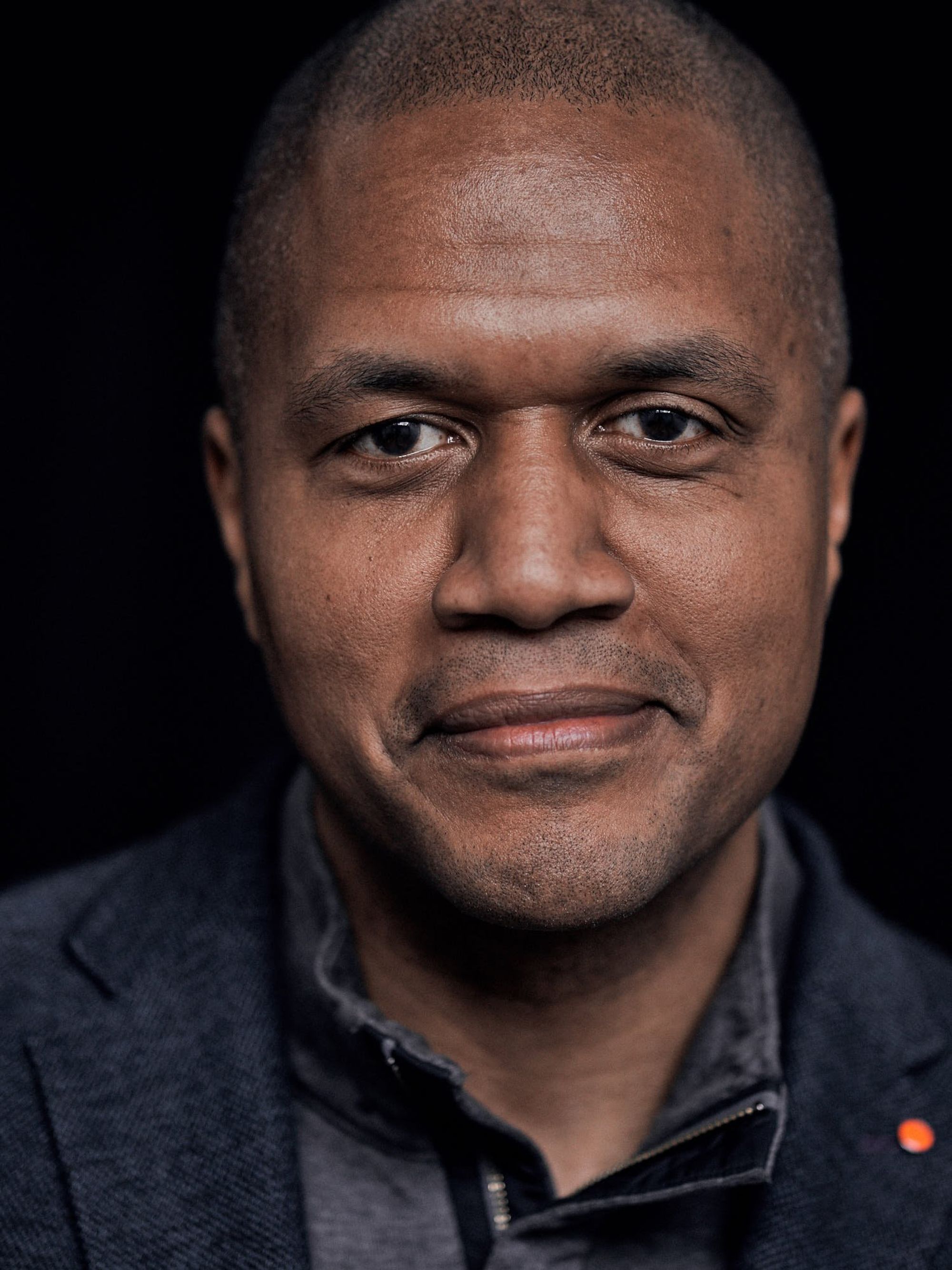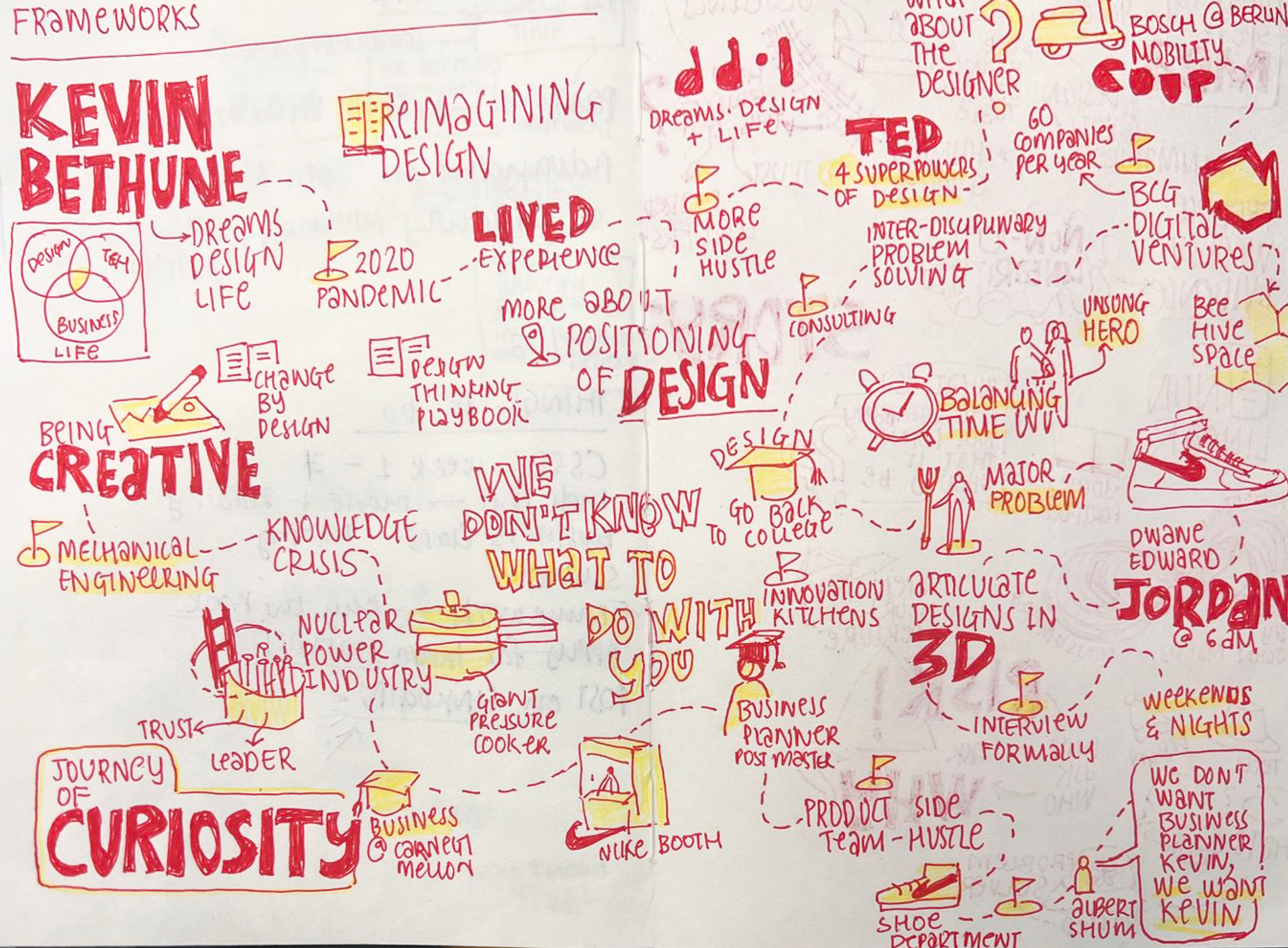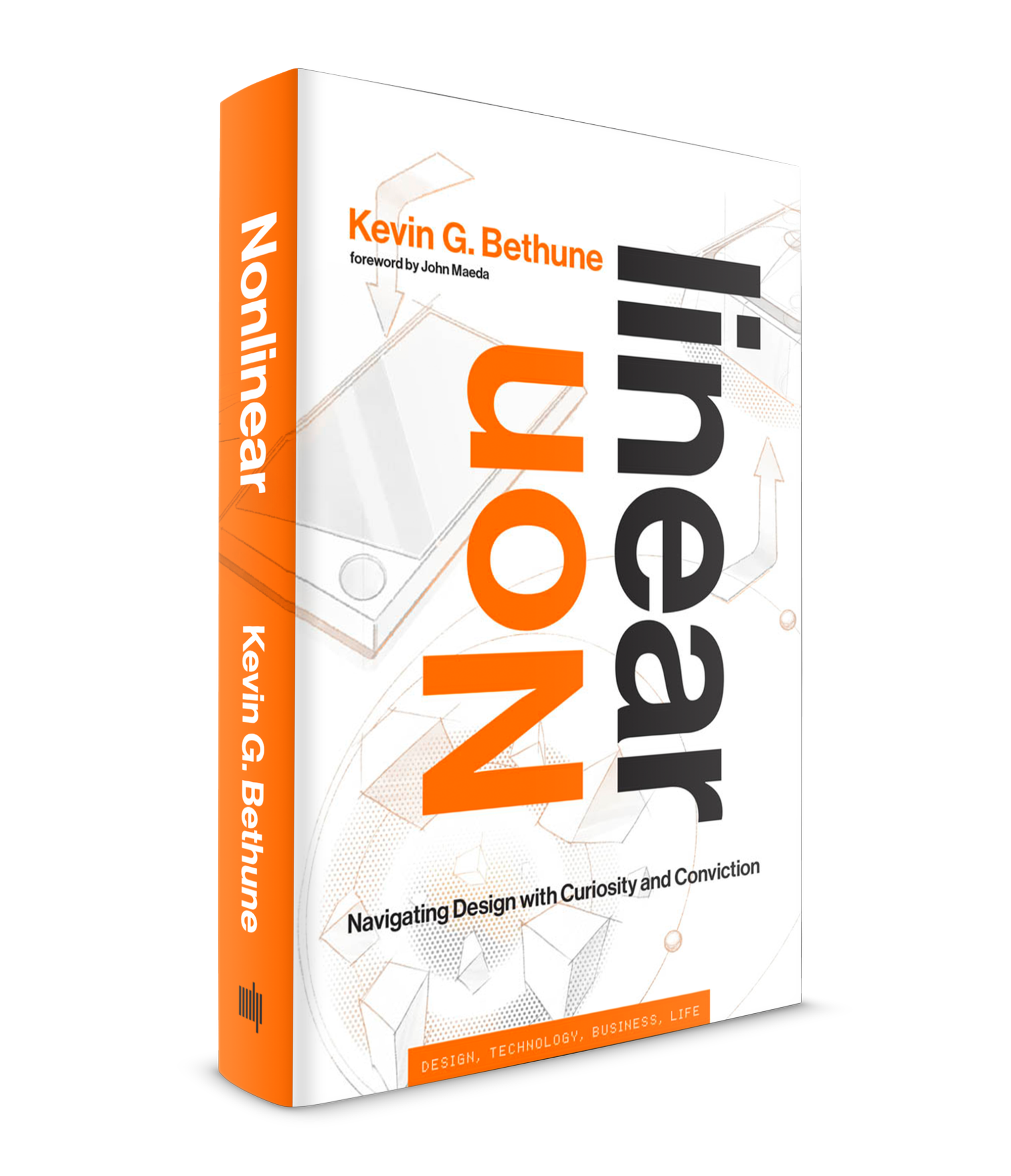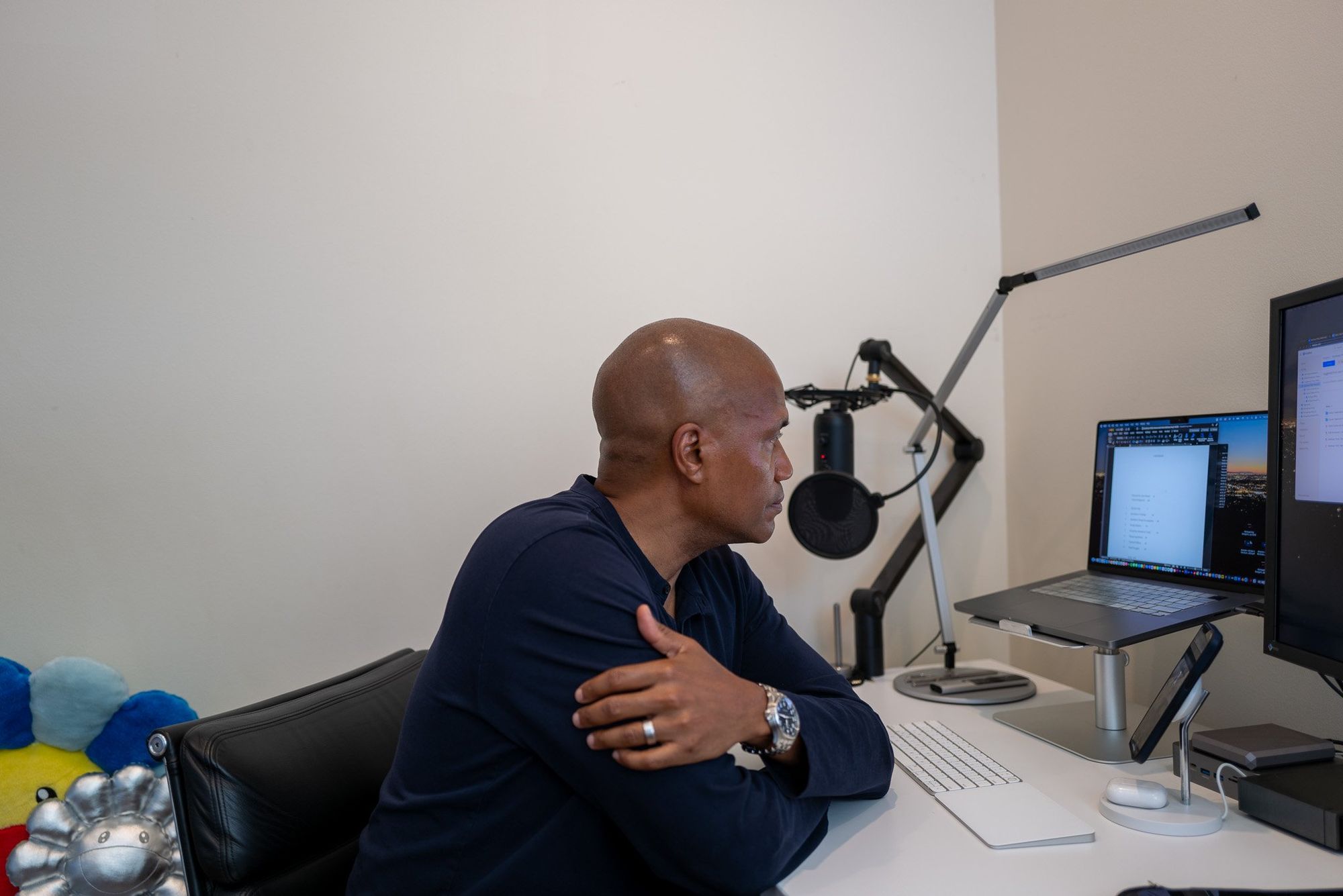
Betting on Curiosity: Kevin Bethune shares insights with MIT design community
Founder, designer, and engineer Kevin Bethune argues designers must forge nonlinear paths to creative success in an increasingly complex world. To find these nonlinear paths, individuals and teams must make curiosity their compass.
By Michelle Luo
Nov 26, 2024
“I will always bet on curiosity,” says Kevin Bethune, the Founder of dreams • design + life, a design think tank aiming to foster multidisciplinary and holistic solutions with its collaborators with authenticity and room for ambiguity.
In his upcoming book, Nonlinear: Navigating Design with Curiosity and Conviction, releasing February 2025 from The MIT Press, Bethune outlines his philosophy informed by his decades-long career in design, engineering and business.
During the latter half of his career, Bethune noticed a concerning trend toward formulaic decision-making among multidisciplinary teams. By rigidly applying design frameworks, teams would tend to seek “expected outputs” and make decisions with too much caution, he observed. Eventually, this risk-averse approach leads down the same paths toward uninspired designs.
Instead, Bethune argues, effective design teams must get curious about dynamically-changing information and make space for the unexpected. One step at a time, effective design teams bravely navigate what Bethune calls the “forest of ambiguity,” calling to mind a fantasy realm with both unknown perils and treasures.
Betraying his engineering roots, Bethune describes each step in the design process as a vector: a mathematical quantity with a magnitude and direction. He likens magnitude to a level of effort and direction to a choice of prototyping, testing, and iterating. The magnitude and direction of these guiding vectors are informed by the best data available at the present moment. These data may be quantitative, like usage metrics, or qualitative, like focus groups and interviews.
He underscores the importance of the time it takes to “find organic patterns” between data to make informed and more creative decisions. Data can also come from nonlinear methods — Bethune suggests designers lean into empathy, deeply interviewing people to draw out the “layers of underlying cognition,” a practice he credits to researcher and strategist Indi Young’s book Time to Listen.
All told, designers must “embrace the vector of agency… by taking a step,” he says, arguing that a series of accumulated steps driven by curiosity eventually draw a nonlinear path toward more creative and holistic solutions.
In a recent visit to the MIT community, Bethune presented Nonlinear and the story of his career to a room of student designers and the public as part of the MITdesignX program. He wove together personal accounts of his journey toward the present — also a nonlinear path winding through engineering, business, and design, driven by curiosity.
A youthful interest in sketching paid dividends when the opportunity to design sneakers for Nike, Inc. arose. His experience mingling with designers at Nike led him to return to design school, eventually launching his journey through the business and design world and motivating the founding of dreams • design + life, and most recently, his forays into writing.
Nonlinear design also characterizes Bethune’s process as an author. He describes,
I came at the work from several angles of approach, through several iterations, took a break for peer review, digested feedback, and attacked the work again. Very nonlinear to get to a good final product.

Effective design teams must get curious about dynamically-changing information and make space for the unexpected. One step at a time, effective design teams bravely navigate what Bethune calls the “forest of ambiguity,” calling to mind a fantasy realm with both unknown perils and treasures, argues Bethune.
Photo: Siddhi Patil from Harvard's MDE program; courtesy of Kevin Bethune
His first work, Reimagining Design: Unlocking Strategic Innovation, was published by The MIT Press in March 2022.
In Reimagining Design, Bethune expands upon his experience as a Black professional in corporate America throughout engineering, business, and design. He affirms the importance of diverse perspectives from individuals of differing levels of privilege and marginalization, all of which strengthen multidisciplinary teams.
He says:
I tell my story — my full lived experience, across personal and professional — to hold up a mirror for others to see themselves a little differently.
Related News
Design Library, Part 1

May 24, 2023
MIT Generative AI Week: Creativity Symposium Replay

Dec 13, 2023
MIT MAD Fellow Improves Accessibility of Online Graphics for Blind Users

Jul 18, 2023
Related Events

Kevin Bethune: Reimagining Design
Lecture, Book Launch / Author Talk, MITdesignX
Sep 28, 2022

Nonlinear
Lecture, Book Launch / Author Talk
Sep 25, 2024


